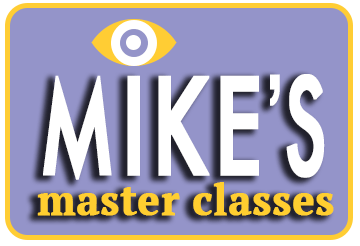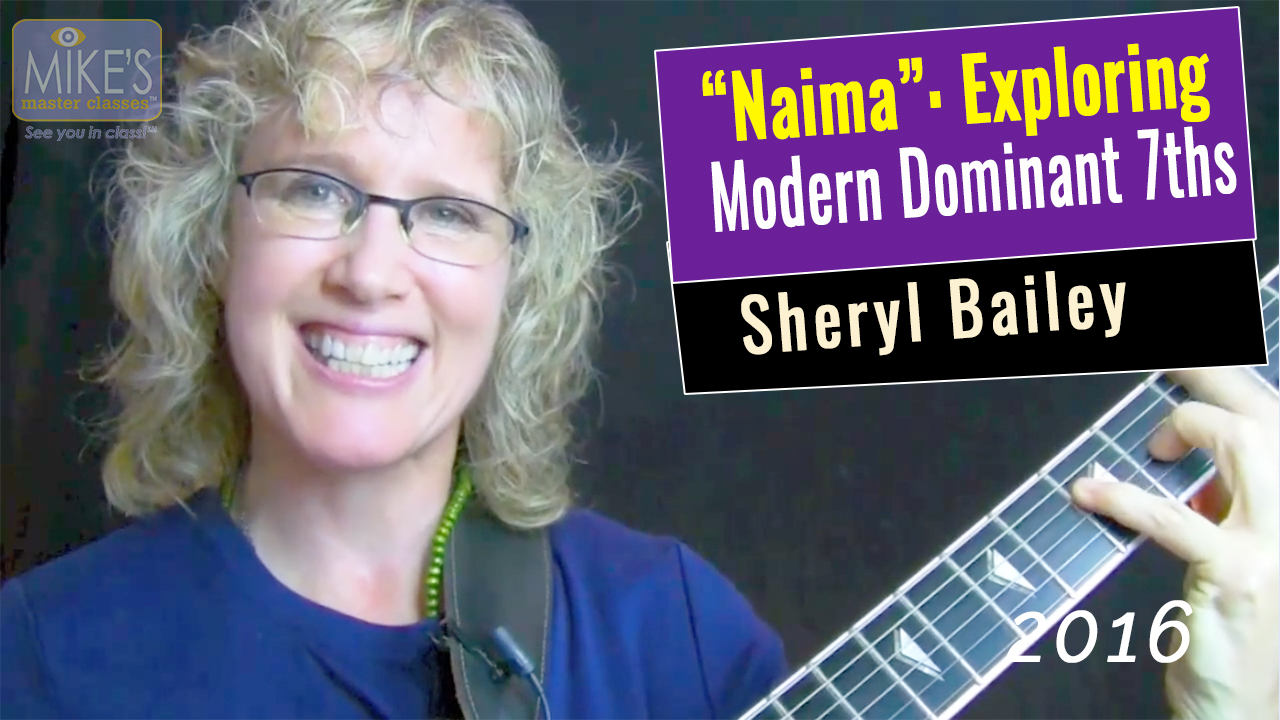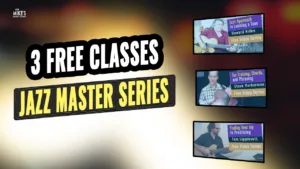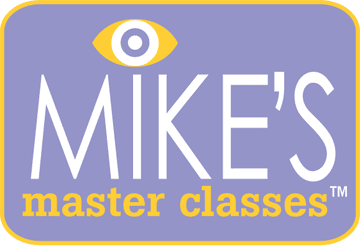“‘Naima’ is a gift”, Sheryl Bailey explains about one of John Coltrane’s most stunning compositions, a tune of kaleidoscopic, evolving colors which rotates through the family of dominant seventh chord sounds.
Coltrane composed this ballad in 1959 “Naima” naming after his wife. He first recorded it on the album “Giant Steps” and is notable for its use of a rich harmonies over a bass pedal notes. It has been covered by a range of musicians such as McCoy Tyner, John McLaughlin, Jaco Pastorius and Herbie Hancock.
Sheryl Bailey likens these tonal changes to a cloudy sky going through both bright and dark moods. This helps the guitarist to intuitively navigate with both chordal and single-note playing.
This course helps the guitarist to understand the song in terms of its use of the four main types of seventh chord sounds and scales it uses:
- Dominant sevenths,
- Diminished,
- Altered dominant and
- Natural /’sus’ dominants.
Refreshingly, she offers a range of ideas to balance the intellect and intuition, helping the guitarist to feel their way through each chord group. Her enthusiasm and love for playing with feel is contagious. Watching her love of the music will be a pleasant surprise in terms of learning one of Trane’s deepest and most mystical songs.
There is an emphasis on working with harmonies and melodies as she breaks the song apart. She beautifully demonstrates how to navigate the song by vamping over loops of each of the four dominant chord types within “Naima”.
Her demonstration over these loops creates joyful, big open opportunities for both your chordal and single-note explorations. The joy of listening to her playing over a chord-at-a-time will be inspirational to the viewer.
In this course is a good mix of humor and surprising sights into the playing of others as well as a range of useful tips such as:
- 2-5 applications,
- Tritone substitutes approaches
- Harmonic information (i.e., did you know that the Harmonic Major uniquely contributes to the “modern jazz sound” of players such as Adam Rogers and Kurt Rosenwinkel?)
- References to George Russel’s ‘Lydian Harmonic Concept”. ( explaining how major and minor chords differ in jazz approaches compared to classical)
Sheryl presents this information in a way that is fun and will help you to immediately apply new ideas not only to Coltrane’s composition, but to your overall rhythm, improvising and compositional approaches.
[Course Description by Mike Bryant]












Tremendous Course on Tremendous Tune!!!!
I first heard this tune about 1970. About 20 years later, my teacher helped me develop a chord melody (in E rather than Eb). It was close but she gets it more precisely. I never could figure how to solo after the first chorus. Now I have a number of options. Perhaps THE most important thing for Me is to listen to the chord and play the different scales and arps absorbing the emotional aspects and sounds. And keep doing it to get to the next level. For Me, this course was both Practical, as well as DEEP!!! Thanks Sheryl!!! Hope you’ll be coming to Cleveland when some normalacy and safety returns.
by Mike MillerReally interisting and complete approach of the B part !I like the artistic way sheryll illustrates dominant seven extensions. The A part is a little less complete, for exemple the third measure of the A could me more detailled. More Pdf would be welcome too ! But i really liked this class anyway!
by laurent GILHODESAmazing class. Fantastic class. She synthesizes technical knowledge with artistic expression seamlessly and gives insight into how to interpret a song from the composers’ point of view as well as you will find it anywhere. I have been playing this song for years, but now I think I will be PLAYING it.
by james Seaberry